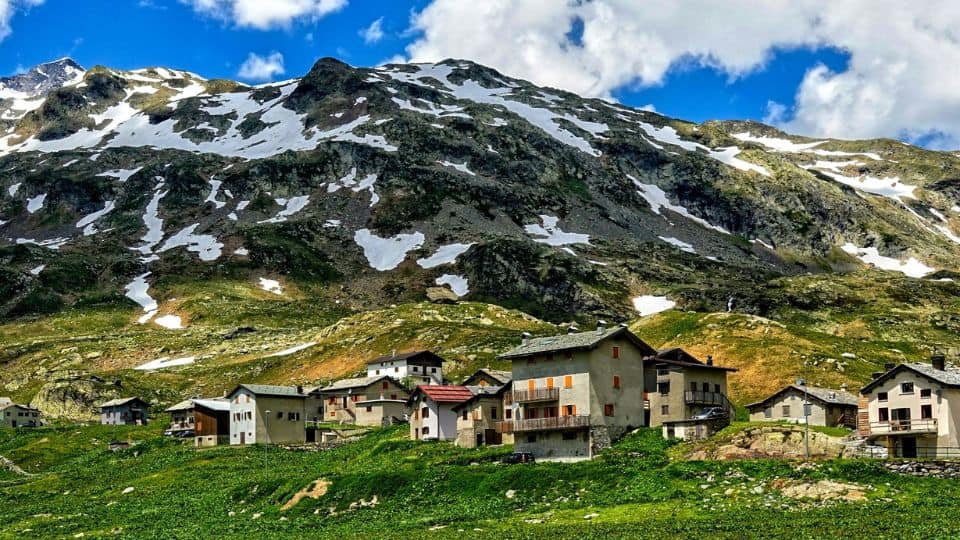Buildings account for 42% of energy consumption in the EU, with heating and cooling representing the largest share. In response to this challenge, the Alpine countries have set ambitious targets for achieving zero heating and cooling emissions to combat climate change in a particularly vulnerable macro-region. In this context, adopting optimal solutions such as heat pumps and renewable energy systems can significantly mitigate the pollution associated with energy consumption.
To this end, the ALPHA project was launched to reduce greenhouse gas emissions and enhance energy efficiency by implementing fifth-generation district heating and cooling (5GDHC) networks in the Alpine regions of Austria, Germany, France, Italy, and Slovenia.
Funded under the European Interreg Alpine Space programme, ALPHA (Advancing 5th-Generation District Heating and Cooling Networks in Alpine Space) aims to simplify and accelerate the adoption of 5GDHC technologies. By the end of the project, the partners will jointly implement a common decarbonisation plan across selected pilot territories within the participating countries.
5GDHC systems operate through low-temperature networks that minimise energy losses and allow bi-directional energy flow, enabling end-users to both receive and supply energy based on demand. These systems contribute to climate change mitigation by reducing greenhouse gas emissions, enhancing energy system efficiency, supporting the transition to sustainable energy models, and fostering innovative business opportunities. Examples include the use of thermal energy storage to balance supply and demand or uninsulated pipelines to further reduce energy losses.
The ALPHA project, with a budget of just over EUR 2 million, involves local and regional authorities, utility companies, professionals, trade associations, businesses, and citizens, who are encouraged to take on the role of “prosumers” (producers and consumers of energy).
ALPHA brings together nine partners from all five Interreg Alpine Space EU countries (Slovenia, Italy, Germany, France, and Austria).
Led by the Lombardy Foundation for the Environment, the partnership includes the Region of Liguria, EURAC Research, the National Institute of Applied Sciences in Lyon, the Chamber of Commerce and Industry of Nice/Côte d’Azur, the Technical University of Munich, the Austrian Society for Environment and Technology, the European Centre for Renewable Energy Güssing, and the Municipality of Trebnje.



